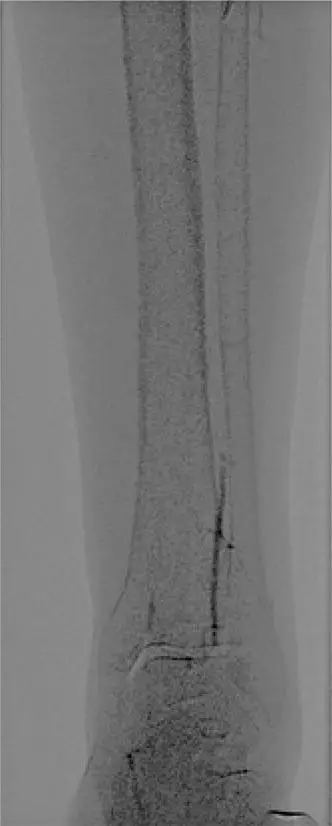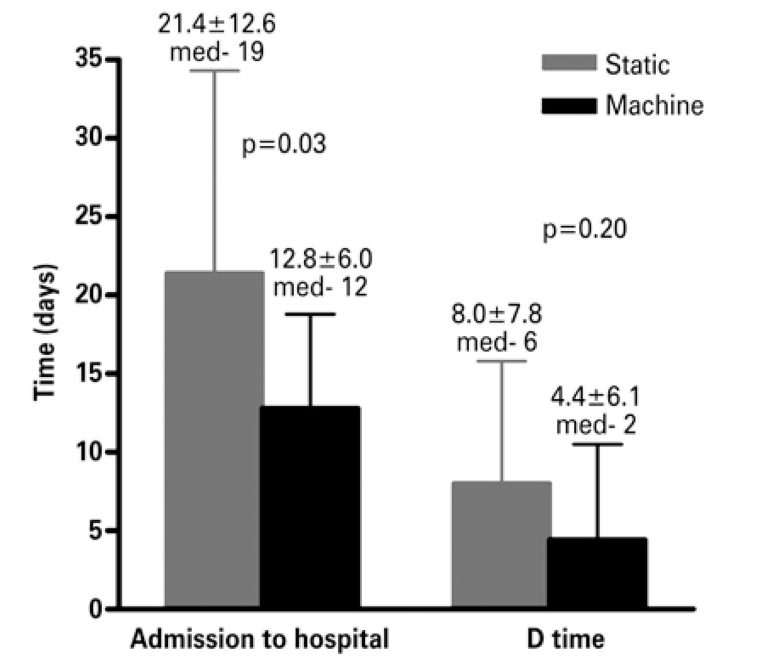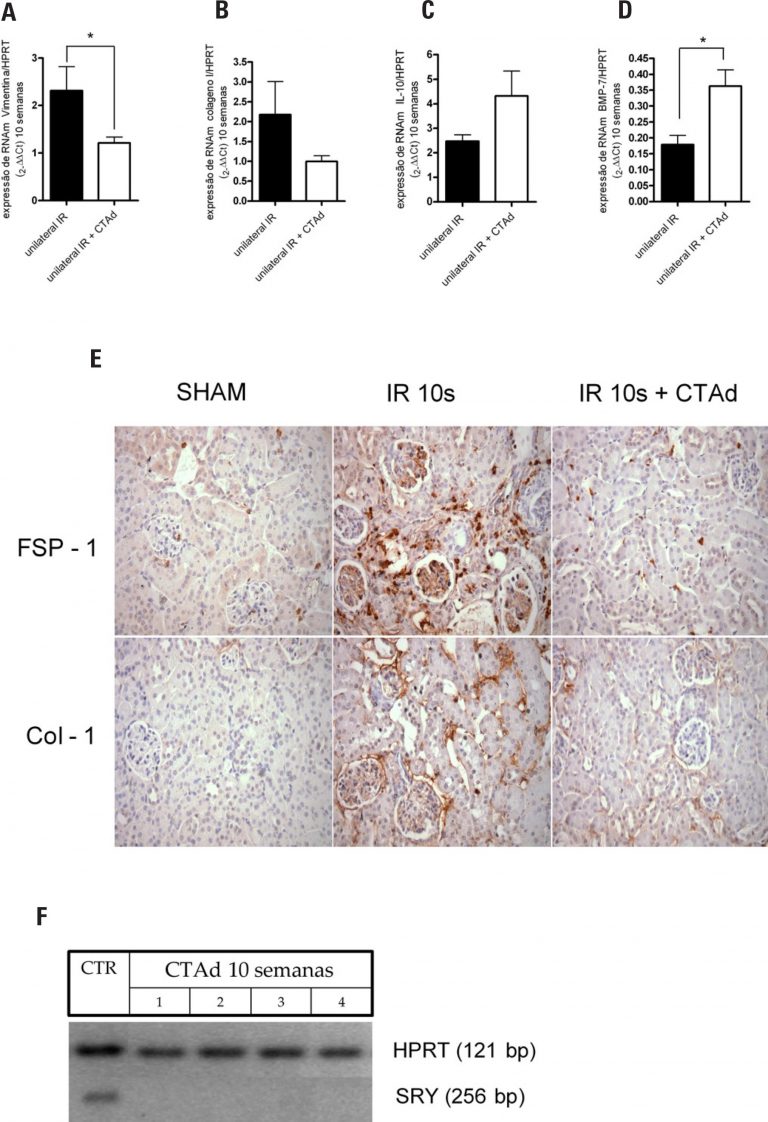04/Mar/2022
What is the role of heat shock protein in abdominal organ transplantation?
DOI: 10.31744/einstein_journal/2022RB6181
ABSTRACT Ischemia-reperfusion injury is a pathophysiological event occuring after abdominal organ transplantation, and has a significant influence on prognosis and survival of the graft. It is involved in delaying the primary function or non-functioning of the graft. The objective of this study was to provide information on heat shock protein mechanisms in ischemia-reperfusion injuries in abdominal organ transplantations, and to indicate the possible factors involved that may influence the graft outcome. Several classes of heat shock proteins are part of […]
Keywords: Heat-shock proteins; Kidney transplantation; Liver transplantation; Organ transplantation; Reperfusion injury
21/Aug/2020
The role of adiponectin in ischemia-reperfusion syndrome: a literature review
DOI: 10.31744/einstein_journal/2020RW5160
ABSTRACT Adiponectin, among other diverse adipokines, is produced in greater quantity and has an effect on the adipose tissue and other tissues in the body. Adiponectin plays three main roles: regulatory metabolic and sensitizing function of insulin in the liver and muscles; it acts as an anti-inflammatory cytokine and in vascular protection, besides important cardiac protection in the presence of ischemia-reperfusion syndrome. Since many situations resulting from traumatic accidents or pathologies are due to cell damage caused by ischemia-reperfusion syndrome, […]
Keywords: Adiponectin; Ischemia; Reperfusion injury
09/Jun/2015
Carbon dioxide as a substitute for iodine contrast in arteriography during embolectomy
DOI: 10.1590/S1679-45082015RC2997
Acute limb ischemia can be potentially harmful to the limb and life threatening. Renal failure is a possible outcome associated with release of products of ischemic limb reperfusion. Some authors reported the benefit of performing angiography after embolectomy, even though iodine contrast is also nephrotoxic. We report a case of embolectomy on a patient with renal insufficiency in whom carbon dioxide was used as a substitute for iodine contrast.
Keywords: Angiography; Carbon dioxide; Case reports; Embolism; Renal insufficiency, chronic; Reperfusion injury
01/Jan/2015
Ischemia and reperfusion injury in renal transplantation: hemodynamic and immunological paradigms
DOI: 10.1590/S1679-45082015RW3161
Ischemia and reperfusion injury is an inevitable event in renal transplantation. The most important consequences are delayed graft function, longer length of stay, higher hospital costs, high risk of acute rejection, and negative impact of long-term follow-up. Currently, many factors are involved in their pathophysiology and could be classified into two different paradigms for education purposes: hemodynamic and immune. The hemodynamic paradigm is described as the reduction of oxygen delivery due to blood flow interruption, involving many hormone systems, and […]
Keywords: Delayed graft function; Graft rejection; Ischemia; Perfusion/utilization; Reperfusion injury
01/Jan/2011
Role of adipose tissue-derived stem cells in the progression of renal disease
DOI: 10.1590/S1679-45082011AO1833
ABSTRACT Objective: To analyze the role of adipose tissue-derived stem cells in reducing the progression of renal fibrosis. Methods: adipose tissue-derived stem cells were isolated from C57Bl/6 mice and characterized by cytometry and differentiation. Renal fibrosis was established after unilateral clamping of the renal pedicle for 1 hour. Four hours after reperfusion, 2.105 adipose tissue-derived stem cells were administered intraperitoneally and the animals were followed for 24 hours during 6 weeks. In another experimental group, 2.105 adipose tissue-derived stem cells […]
Keywords: Fibrosis; Inflammation; Mesenchymal stem cells; Renal insufficiency, acute; Reperfusion injury





